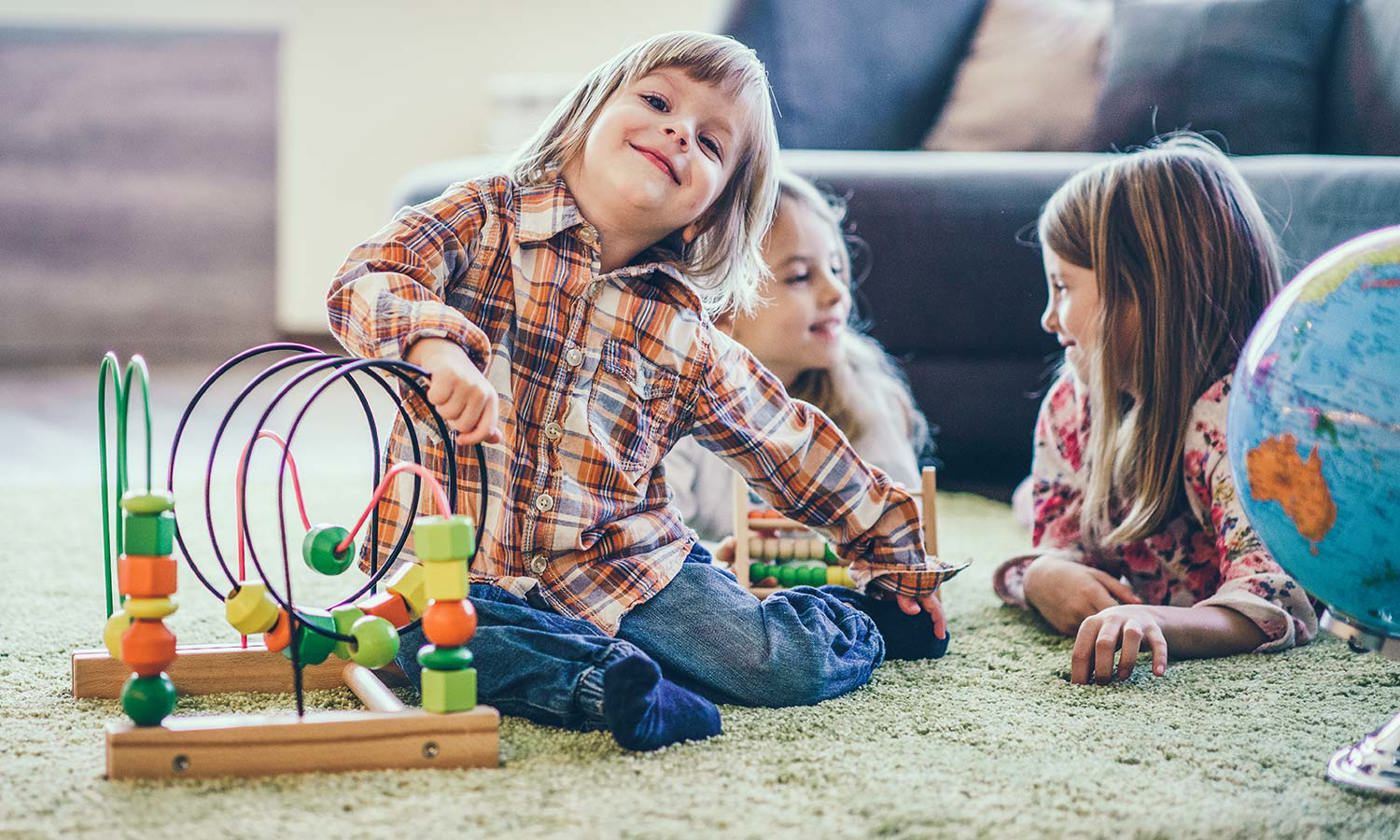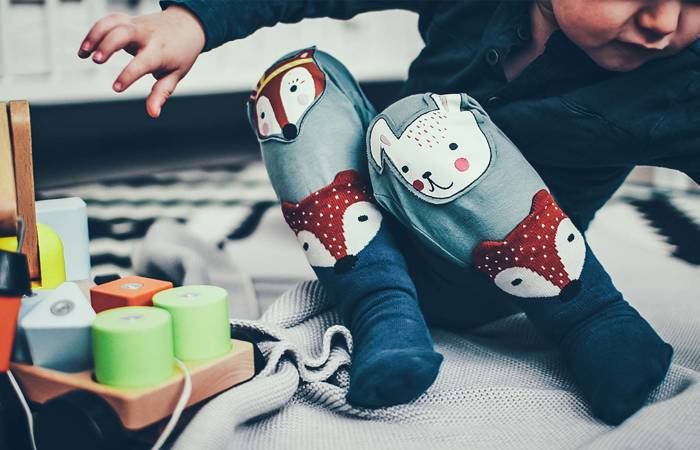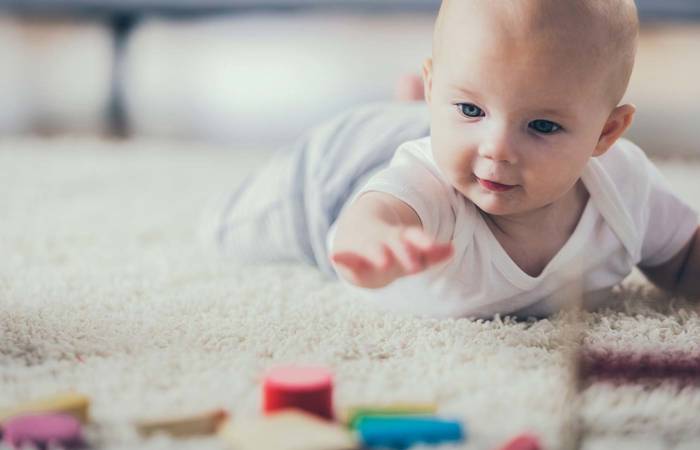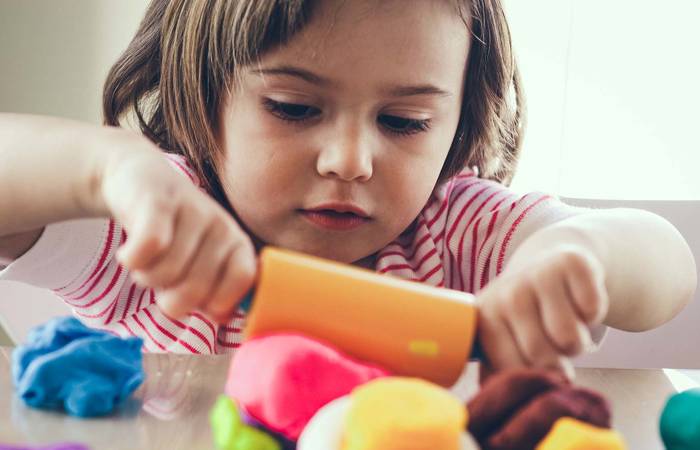Like what you see?
Sign up to receive more free parenting advice.
Thank you for subscribing to our newsletter!
Early Learning

Credit: iStock.com/StockPlanets
The verdict is in. Not only is play fun but it has a powerful impact on our children's development.
A new report from the American Academy of Pediatrics The Power of Play: A Pediatric Role in Enhancing Development in Young Children makes it clear: play is not frivolous. To the contrary, it is brain building.
Play has now been shown to have both direct and indirect effects on brain structure and functioning, and leads to changes at molecular, cellular and behavioural levels. Although much of the neurological research has been done on animals (specifically, rats) there’s a growing evidence base that play is critically important in promoting safe, stable and nurturing relationships and in encouraging development of children’s future executive functioning skills.
Lead researcher of the report, Dr Michael Yogman from Harvard Medical School believes that children’s play is increasingly (and wrongly) shunted to the side.
"[Contemporary] culture has defined success in terms of test scores, didactic learning and structured activities leaving little time to playful learning, tinkering and the joy of discovery. This shift occurs at younger and younger ages as virtual communication with digital media replaces person-to-person exchange," Dr Yogman says.
We are seeking to restore balance in children’s lives so that playful learning, art, music, theatre and recess are not squeezed out by a preoccupation with test taking and false expectations of what promotes adult success.Dr Michael Yogman
He began thinking about the power of play during his time as the chair of the board of the Boston Children's Museum in the United States.
“I observed children engaging in joyful play with each other and their parents during those years, and I realised that our culture has devalued play," he says.
Dr Yogman and researchers like him also have a deeper goal for their research.
“We are seeking to restore balance in children’s lives so that playful learning, art, music, theatre and recess are not squeezed out by a preoccupation with test taking and false expectations of what promotes adult success," he says.
What is play?
As The Power of Play points out, the definition of play is somewhat elusive. But most experts agree that the activity is “intrinsically motivated, entails active engagement, and results in joyful discovery”.
The play we so often see our children engrossed in is actually building their expertise in problem-solving, collaboration and creativity: executive functioning skills that will serve them well as adults in the 21st-century.
Play can be categorised in various ways.
“It can be child initiated or adult initiated, but hopefully it is child directed,” Dr Yogman says.
While the report stresses that child-led play is crucial to help children explore their world, this can take various forms.
There’s object play, seen in infants or young children exploring an object by learning about its properties.
Physical play also starts young, when infants joyfully play pat-a-cake or young children delight in a safe "rough and tumble" style of play. (The latter is an act, the report notes, allowing children to take risks in a relatively safe environment, fostering the skills needed for communication, negotiation and the development of emotional intelligence.)
Outdoor play adds an excellent opportunity to build sensory skills, while pretend play can help children negotiate rules and learn how to cooperate.
Regardless of the style, it seems there’s never a time when play isn’t helpful.
“Play is especially important in stressful times for children, since the safe nurturing relationships that develop through play can buffer stress and adversity," Dr Yogman says.
How much is enough?
When it comes to a recipe for play, Dr Yogman says the experts agree, and their prescription is simple.
"Play with your child every day!"
Play at any age
Newborns
“Play starts from the moment the child is born, we do see it in newborns," says Queensland University of Technology Head of the School of Early Childhood and Inclusive Education Professor Ann Farrell.
“Newborns initiate ‘conversations’, they communicate and learn how to exert influence over their caregivers, so we know there is no starting age, play is always happening.
“It is an integral part of human relationships, newborns interact with their caregiver for food or a nappy change. They initiate the exchange and the adult responds,” Professor Farrell says.
Toddlers and pre-schoolers
Try some of these activities to give play at home an extra injection of fun.
- Start a dress up box or cupboard.
- Have ‘loose parts’ available (appropriate for their age) such as stones, wood or cardboard boxes. These encourage creativity without the limitations of structured items like plastic toys.
- Get down to your child’s level when you play with them.
- Ask open-ended questions such as “Can you tell me what it does?” when your child has made something creative.
- Create a flexible routine which allows time for play.
- Use art materials like Play-Doh, paints and felts which allow for flexible play.
- Use common household items like pots and pans, clothing, sheets or furniture.
- Turn off screens and devices to reduce background noise.
- Let your child take the lead






